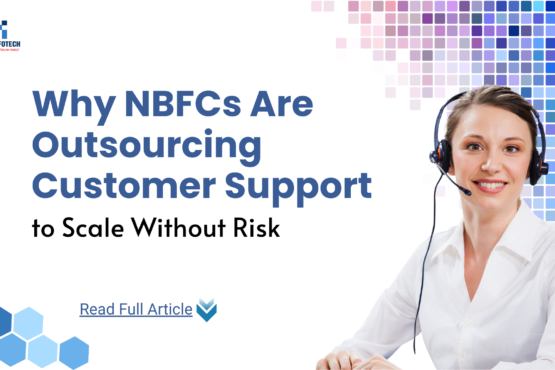
What is Inbound Voice Process?
The inbound voice process is a customer support function where the customer initiates the call to the business. These calls may relate to product inquiries, complaints, technical support, billing issues, or general assistance. Unlike outbound processes, where agents reach out to customers for sales or surveys, inbound voice processes are service-driven and customer-centric.
Inbound voice support is typically handled by call centres, BPOs, or in-house customer care teams, ensuring that every query is answered promptly and effectively.
Why is Inbound Process Important?
Today’s businesses run on customer satisfaction. The inbound voice process directly impacts how customers perceive a brand. Here’s why it matters:
- Customer Loyalty: Quick and efficient solutions build trust and long-term relationships.
- Enhanced Brand Image: A smooth support experience improves the overall reputation of the business.
- Problem-Solving Hub: It serves as the first touchpoint for resolving customer concerns.
- Upselling & Cross-Selling: Smart agents can identify opportunities to recommend additional services or upgrades.
Benefits of Inbound Voice Process for Businesses
- Stronger Customer Experience: Live, human interaction creates empathy and connection, improving customer satisfaction.
- Real-Time Insights: Businesses get immediate feedback on their products and services.
- Increased Efficiency: Centralized inbound operations streamline query resolution.
- Revenue Growth: A satisfied customer is more likely to purchase again or recommend your brand.
Inbound vs. Outbound Process
- Inbound Process:
- Customer calls the business.
- Goal: Service, support, problem resolution.
- Example: A customer calling a telecom provider for billing issues.
- Outbound Process:
- Business calls the customer.
- Goal: Sales, promotions, surveys.
- Example: A sales agent calling prospects for a new insurance plan.
Future of Inbound Voice Processes
With the rise of AI-driven chatbots, IVR systems, and cloud-based call centres, inbound processes are becoming faster and more efficient. However, human interaction remains irreplaceable for building trust and handling complex queries.
Businesses investing in skilled inbound agents, advanced tools, and customer-first policies will continue to stay ahead in delivering exceptional service.
Conclusion
Inbound voice process is not just about answering calls, it’s about strengthening customer relationships. Every incoming call represents an opportunity to solve, connect, and impress.
If you want your business to grow sustainably, prioritizing inbound voice support is the key to building loyalty, improving customer satisfaction, and boosting your brand reputation.



